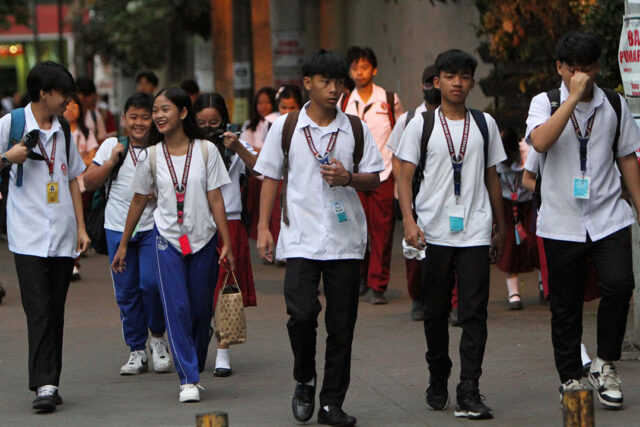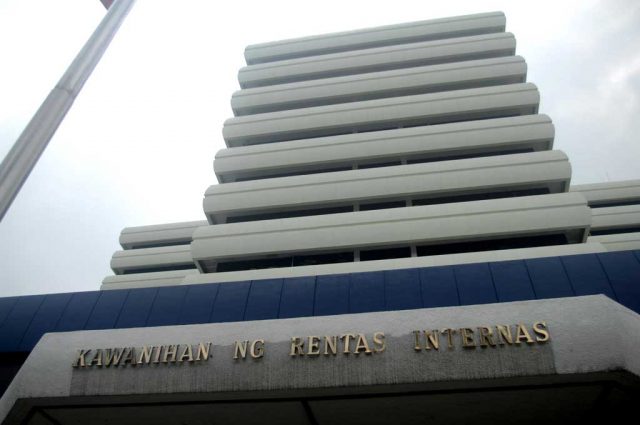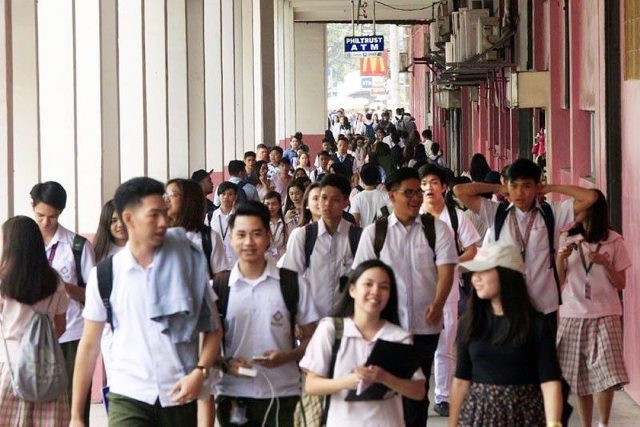Philippines urged to outlaw sexually explicit deepfakes
By Beatriz Marie D. Cruz, Reporter
THE PHILIPPINES should criminalize lewd deepfakes as more people use artificial intelligence (AI), security analysts said.
“While existing laws such as the Cybercrime Prevention Act of 2012 address certain forms of online abuse, they may not explicitly cover deepfake technology,” Allan S. Cabanlong, regional director for Southeast Asia at the Global Forum on Cyber Expertise, said in an e-mail. “Current laws may fall short in addressing the unique challenges posed by this technology, such as identifying perpetrators and dealing with cross-border incidents.”
The British government on Jan. 7 said it is looking to criminalize creating and sharing sexually explicit deepfakes — a video of a person in which their face or body has been digitally altered so that they appear to be someone else, typically used spread false information.
The use of deepfake technology for blackmail, reputation harm and fraud has increased with the rapid expansion of AI. Under the UK proposal, offenders will be slapped with fines and jail time.
Sharing intimate imagery without consent, also known as revenge porn, has increased with the use of deepfakes, according to a 2024 report by IBM.
Of all countries in the Asia-Pacific region, the Philippines experienced the biggest jump in deepfakes at 46 times, according to a 2023 report by identify verification platform Sumsub.
Criminalizing sexually explicit deepfakes would provide a legal recourse for victims, who are mostly women and young girls, Party-list Rep. Arlene D. Brosas said in a Viber message.
“These simply aren’t sources of entertainment or humor,” Ms. Brosas, who represents women’s group Gabriela, told BusinessWorld in mixed English and Filipino. “It is a form of violence against women and the youth that must be stopped.”
People caught creating or distributing deepfakes should be imprisoned for as long as five years, and harsher penalties should be imposed on repeat offenders or if the victim is a minor, Mr. Cabanlong said.
Lawmakers should also propose mandatory education programs for offenders on digital ethics and the psychological impact of their acts, he added. Courts may also require offenders to pay damages.
In the Philippines, several measures have been proposed in Congress seeking to penalize deepfakes. House Bill No. 10567, filed in July last year, seeks transparency and accountability in the use of deepfakes. House Bill 9425 proposes penalties against specific types of deepfakes, including those used for “gender-based sexual harassment.” Both measures are pending at the committee level.
To prevent the spread of sexually explicit deepfakes, the government should work with technology companies to develop tools that detect and flag deepfake content, Mr. Cabanlong said. It should also ensure victims’ access to hotlines and psychological support.
The state should also work with global partners to address the cross-border production and spread of deepfakes, he added.
Legislation is not the only solution to stop the creation and spread of sexually explicit deepfakes, Ms. Brosas said. “While criminalizing sexually explicit deepfakes is a necessary step, it must be part of a broader effort to dismantle the systems of oppression that enable gender-based violence.”












